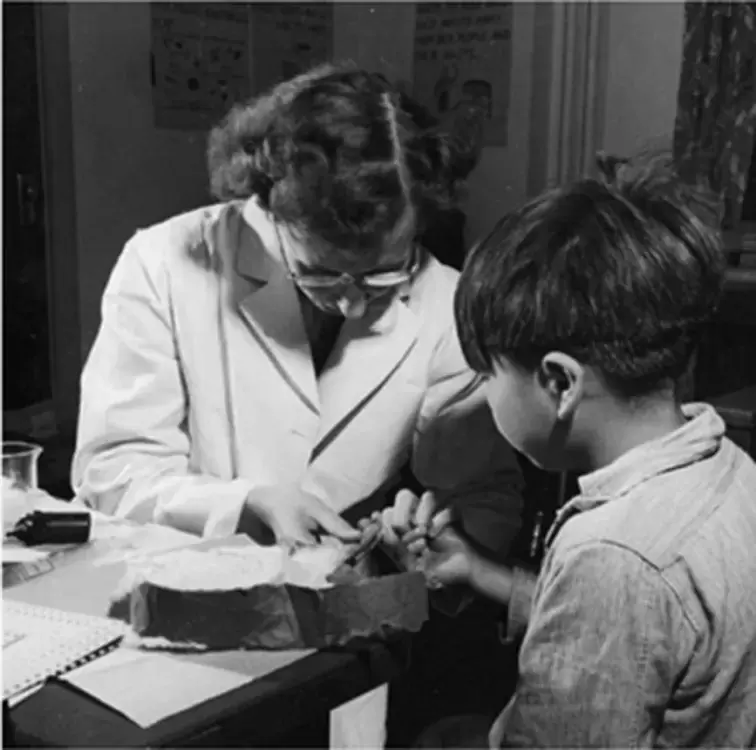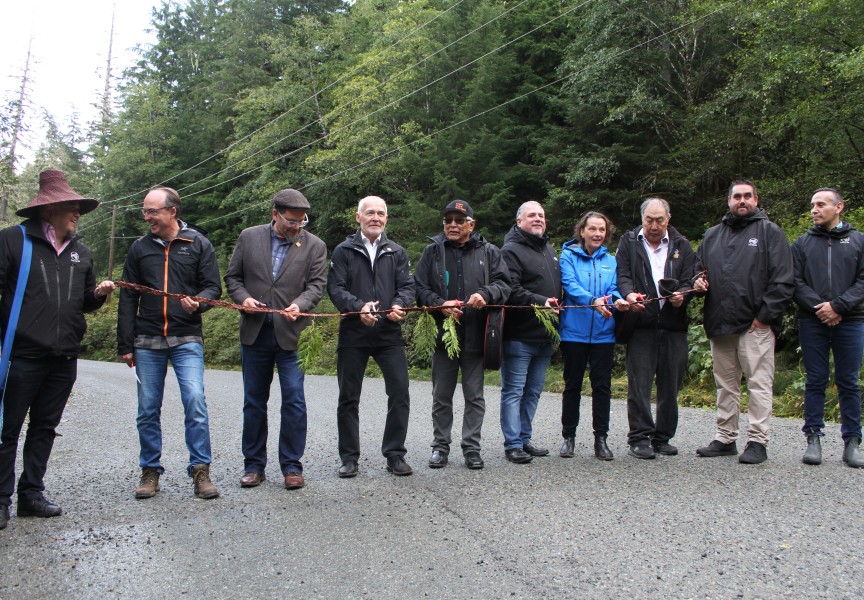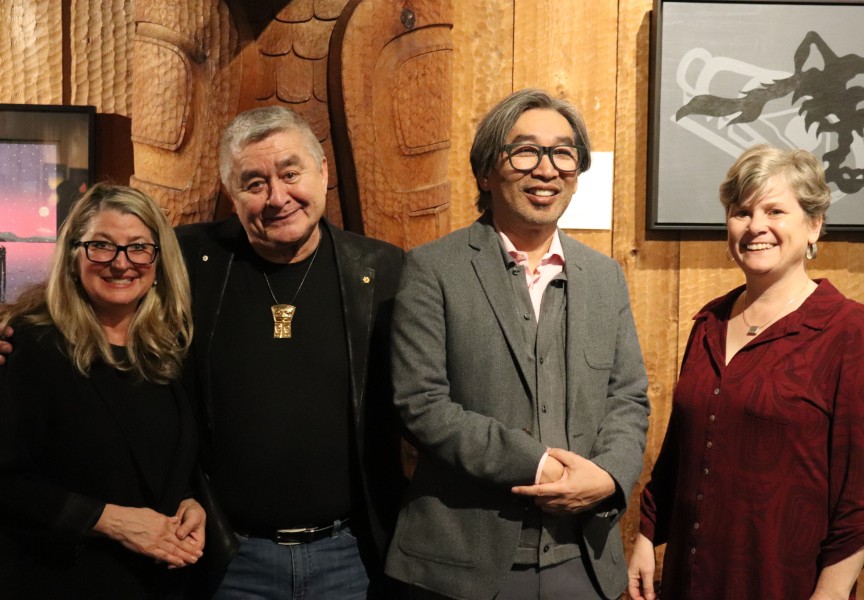With the goal of helping its communities find “culturally appropriate interventions” that improve health, the Nuu-chah-nulth Tribal Council is proposing a large-scale research project to the Government of Canada.
The proposal is being put to the Indigenous Healthy Life Trajectories Initiative, which provides a development grant. The federal initiative follows the developmental origins of disease, including obesity, diabetes and conditions tied to mental wellness. Canada has identified these non-communicable diseases as a foremost concern for its Indigenous people.
“Issues related to mental health (anxiety, depression, substance abuse and suicide) and metabolic syndrome (a cluster of conditions including obesity, high blood pressure, diabetes and cardiovascular disease) are higher amongst Indigenous than non-Indigenous Canadians,” stated the NTC’s project proposal.
The NTC proposal aims to identify areas of research that could address the burden of non-communicable diseases on its members. A research advisory committee has been formed to meet monthly and discuss priority areas of research. Initial consultations in each of the NTC’s three health regions are planned for April, where two representatives from the 14 member nations will be invited for input. Community meetings are to be held over the following months to develop each of the nations’ health goals and areas of research they would support. The final regional consultations are planned for August, followed by meetings with other Indigenous communities in September.
“It is an opportunity for NTC to inform a healthy living study for future generations,” said Dr. Jeff Reading, a principal applicant behind the proposal. “The idea is to use this opportunity to create a long-term study of infants and children that aims to optimize the potential of growth and development to promote health and well-being.”
When it comes to the health of Nuu-chah-nulth-aht, the tribal council is looking to the historical effects of changes faced by past generations.
“Colonization processes, particularly those associated with traumatic events such as the residential school system, resulted in the loss of Indigenous traditional ways of life, including social support systems, access to traditional foods and ancestral patterns of physical activity,” stated the proposal.
A particularly disturbing event that affected some Nuu-chah-nulth elders was nutritional experiments performed in residential schools. From 1942 to 1952 some of Canada’s leading nutrition experts worked with federal departments to study health conditions in Aboriginal communities and residential schools.
As detailed by Ian Mosby, a post-doctoral fellow at the University of Guelph’s Department of History, these experiments were initiated after researchers witnessed “deplorable” conditions in northern Manitoba’s Cree communities in 1942. These villages faced infant mortality rates eight times more than the rest of Canada, and a tuberculosis death rate of 1,400 per 100,000, compared to the 27.1 rate of Manitoba’s non-Indigenous residents.
Over the following decade, the Alberni Indian Residential School was among the six examined across the country. Initial clinical examinations noted that Alberni students had the highest incidence of riboflavin deficiency of the six schools, leading researchers to triple the children’s milk consumption from eight to 24 ounces a day.
“At Alberni, early investigations found not only an inexperienced staff and out-of-date, run-down kitchen facilities, but that the diets of the children were lacking in vitamins A, B, and C and iodine because they were not being provided with enough foods like milk, fruit, vegetables, eggs, cheese, and iodized salt,” wrote Mosby. “Hunger and the frequently inedible food that children were forced to eat often dominates the memories of survivors of residential schools.”
The NTC’s proposal for the Indigenous health initiative notes the importance of community and traditions as its modern-day research continues.
“A deep rooted sense of family, community and culture, grounded in traditional values and customs, can be a tremendous source of strength that can be used to promote resilience in Indigenous communities,” stated the proposal.







